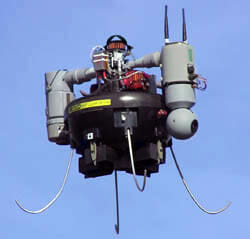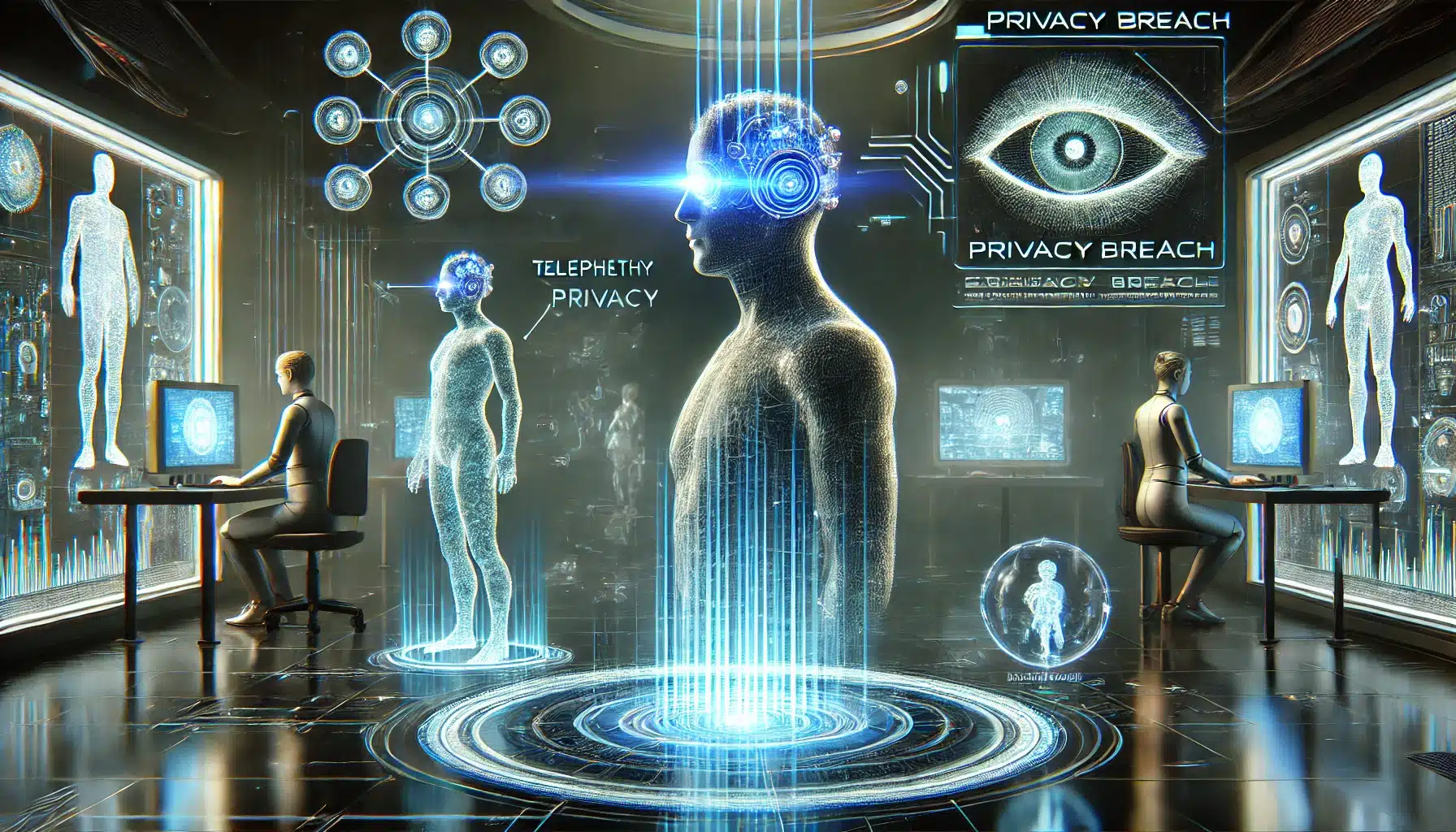
by Felix Moyer
Unmanned, airborne drones with cameras have been used for years in Iraq and Afghanistan against opponents of the invasions, but now the Miami-Dade Police Department has completed an agreement to acquire a drone for domestic use. If the deal goes through, this Honeywell T-Hawk drone will be the first used against U.S. citizens. Miami-Dade Police Director, James Loftus, strongly insisted that the drone was “not a surveilling eye, not a spying eye. Let’s make the distinction.” And what is that clear distinction? Loftus explains, “A surveilling eye is to help us to do the things we need to do, honestly, to keep people safe.” Ah, safety. Yes, magical safety. All you have to do is say the word and all is well.
But how can any government agency in an era without a moral framework be at all believed when it appeals to safety? How can a relativistic era stop anything on a slippery slope? The situation might be different if government agencies had a strong track record against domestic spying or building dossiers on citizens. But with the secret increases in NSA and other federal surveillance in this big-government era, they have nothing close to a trustworthy record.
Miami-Dade says it will not use the drone for spying, but it will help especially for search and rescue or to check damage after a hurricane. Again, the appeal to safety.
Even the ACLU seems to have given up on any skepticism. Howard Simon, executive director of the Florida ACLU, gives in: “Technology: There’s no reason not to embrace technology if it makes the streets safer, if it helps the police.” Of course, he has some worry that “every new technology also has within it the capacity to threaten people’s privacy.”
The FBI and the Department of Homeland Security continue to lead the way in reporting on citizens. The FBI Joint Terrorism Task Force in Colorado tracked numerous protest groups. In Maine and Massachusetts, the FBI intercepted protest emails and photographed peaceful protesters. And a Christian pastor in Kentucky was placed on a watchlist for ordering books on Islam. Turns out he wasn’t a terrorist, just studying to help his congregation learn more.
It’s not just federal agencies who have been spying on citizens. Police departments around the country have been setting awful precedents. Maryland State Police spied on over thirty activist groups. They also wrongly identified 53 individual activists as terrorists. The Los Angeles Police Department required its officers to report people using binoculars, taking pictures or video, drawing diagrams, taking measurements, or expressing extremist views.
The fear of terrorists has led to a new turn toward more zealous reporting and “suspicionless surveillance” on citizens from a host of intelligence agencies, police departments, private companies, and even firemen. The legal obstacles have been weakened considerably.
Before the Founding Fathers could even imagine the level of surveillance possible in the modern world, Alexander Hamilton worried about the dangers of “safety.” In the Federalist Papers (#8), Hamilton wrote, “Safety from external danger is the most powerful director of national conduct. Even the ardent love of liberty will, after a time, give way to its dictates. The violent destruction of life and property incident to war, the continual effort and alarm attendant on a state of continual danger, will compel nations the most attached to liberty to resort for repose and security to institutions which have a tendency to destroy their civil and political rights. To be more safe, they at length become willing to run the risk of being less free.”
What can one do? Increased protesting will just get more people photographed and placed on the lists. Outside of a Christian context, what norms can govern genuine concerns for safety? In a relativistic world, safety becomes just another twisted expression of Thrasymachus, that ancient Greek defender of power who infamously claimed, “What I say is that ‘just’ or ‘right’ means nothing but what is in the interest of the stronger party.” Might makes right, and slippery slopes about safety become just a pretext for greater intrusions.
Previously, the U.S. had only been using drones to monitor an 800-mile stretch of the Texas-Mexico border. The Miami-Dade Police Department and Honeywell have applied for clearance from the FAA to fly the drone over Florida. This has never happened before. The Miami-Dade police department will be the first to use this technology in the U.S., but trends suggest it won’t be the last.










